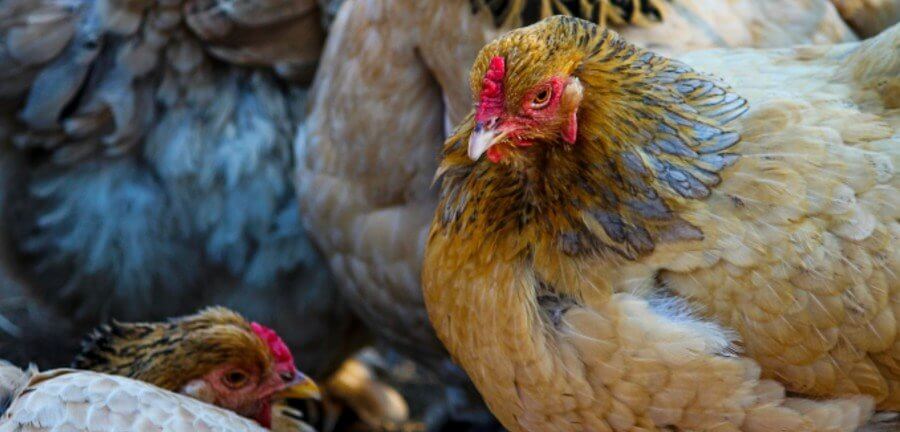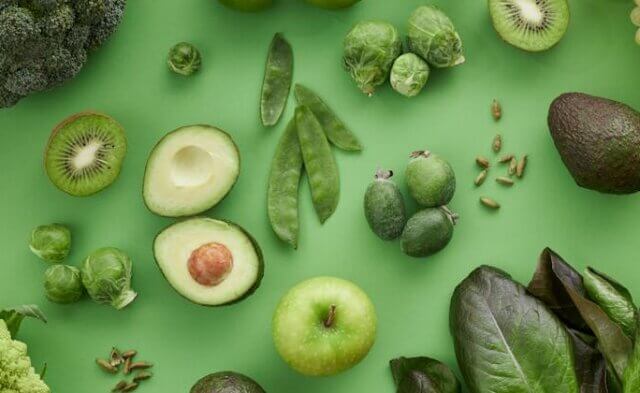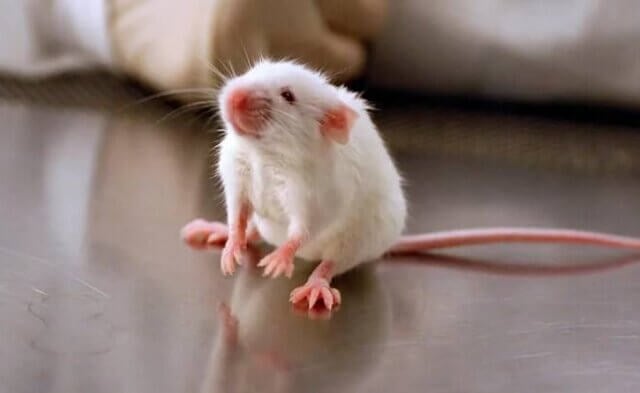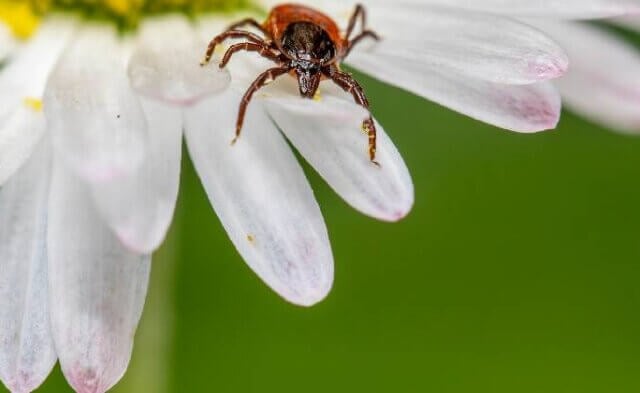There’s something about a new year that gets you thinking about fresh starts. But a new decade? Where to begin? We have a suggestion: Go vegan. You’ll be doing animals and your health a favor and cut way back on your carbon footprint. That’s a win-win-win situation any way you look at it.
Since it’s 2020, we have 20 reasons to get you started:
- Spare animals. Every vegan saves nearly 200 animals every year. There isn’t an easier way to prevent them from suffering than giving meat, eggs, and dairy the heave-ho.
- You wouldn’t eat your dog. Pigs, chickens, cows, and fish are every bit as intelligent and able to feel fear and pain as the animals we share our homes with.
- Or cage your cat. Nearly all animals raised for food in the U.S. are taken from their mothers and spend their abbreviated lives in crates, pens, or warehouses or are crowded onto feedlots.
- Or not let your animal companions be who they are. Cows enjoy mental challenges, chickens form friendships, fish exhibit social intelligence, and pigs are playful, protective animals whose cognitive abilities surpass those of dogs.
- Your heart will thank you. Plant foods don’t contain a trace of cholesterol. Meat, eggs, and dairy are loaded with it and saturated fat. Plant foods are packed with artery-scrubbing fiber. Good luck finding that in a steak.
- That’s just for starters. Vegans also reduce their risk of suffering from other chronic degenerative diseases and conditions, including cancer, obesity, hypertension, and diabetes.
- You’ll look gooood. On average, vegans are 20 pounds lighter than meat-eaters.
- And be lovey-dovey all the time. Vegans tend to have more energy, too. (Dudes, the aforementioned cholesterol and saturated fat don’t just clog the arteries to your heart.)
- Protect the environment. Producing just over 2 pounds of beef generates more greenhouse-gas emissions than driving a car for three hours. Production in the U.S. was on pace for a record 27.2 billion pounds last year.
- Vegans keep it cool. Global warming threatens us because the meat industry spews out massive amounts of carbon dioxide, methane, and nitrous oxide, the top three greenhouse gases.
- Create elbow room. As the world’s meat lust increases, countries are bulldozing land like it’s going out of style—the equivalent of seven football fields every minute to make more room for animals and the crops to feed them.
- Stand your ground. The meat industry is directly responsible for 85% of all soil erosion in the U.S.
- Help plants thrive. Livestock grazing is the main reason that plant species in the U.S. go extinct.
- And feed the world. It takes up to 13 pounds of grain to produce just a pound of animal flesh. Imagine the good that plant food would do if humans just ate it directly.
- Got a thirst for cool, clear water? Raising animals for their flesh produces billions of pounds of manure that ends up in lakes, rivers, and drinking water, along with the drugs and bacteria it contains.
- And plenty of it? A single pig raised for flesh consumes 21 gallons of drinking water a day. A cow on a dairy farm drinks as much as 50. It takes more than 2,400 gallons to produce a pound of cow flesh but only about 25 to produce a pound of wheat.
- You are what you eat. Animal flesh is often contaminated with feces, blood, and bodily fluids. What’s the number one source of food poisoning in the U.S.? Take a guess.
- That’s good news for vegans. You can still eat all your fave foods, including burgers, “chicken” sandwiches, and ice cream, and as the demand for plant-based food skyrockets, ever more animal-friendly, healthy, and green options are coming down the pike.
- You’ll be in good company. Joaquin Phoenix, Natalie Portman, Ariana Grande, and Woody Harrelson are just some of the celebs who’ve gone vegan, while Alex Morgan, Colin Kaepernick, Kyrie Irving, and Venus Williams are among the athletes who’ve made the switch.
- It’s the right thing to do. You already know why.





